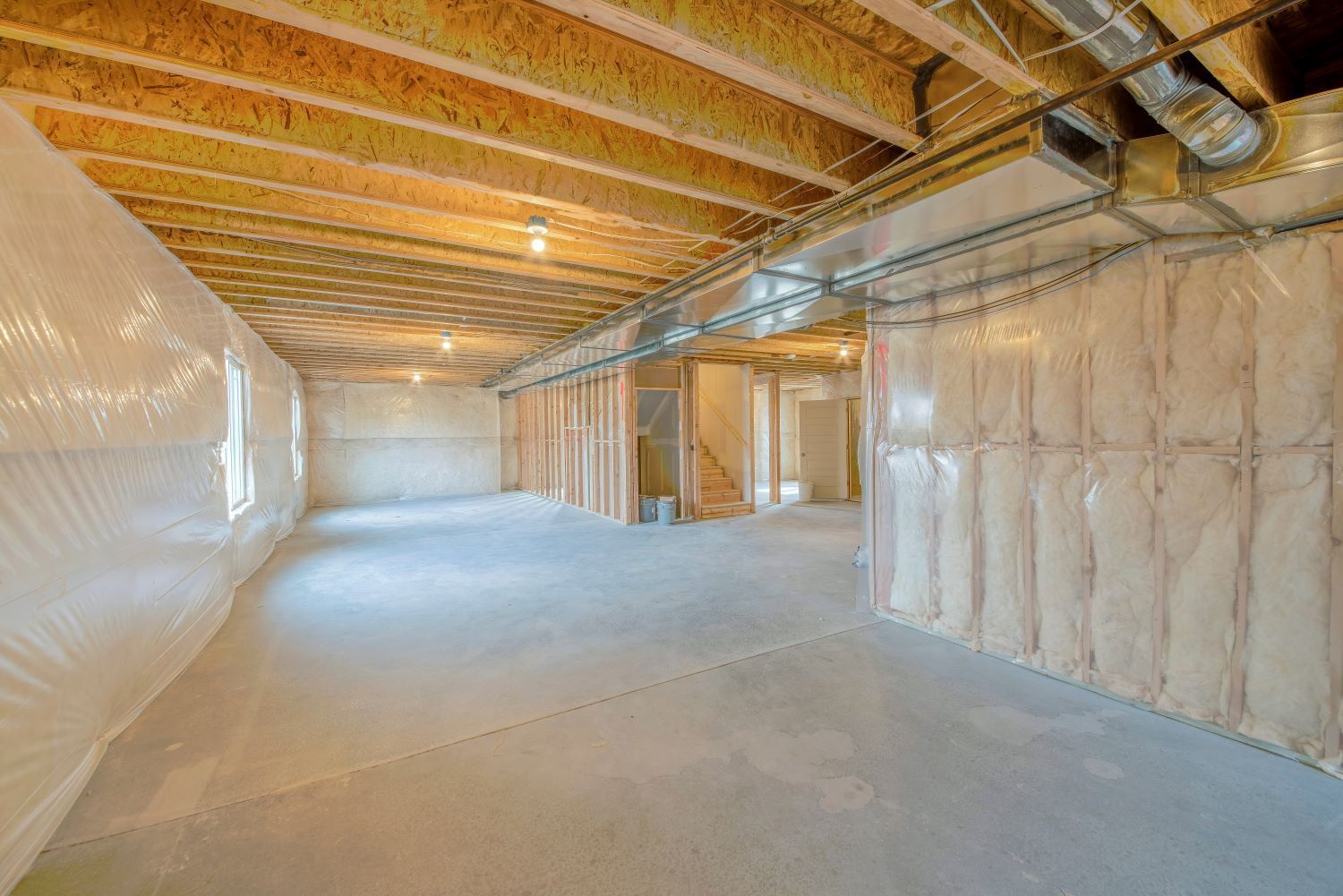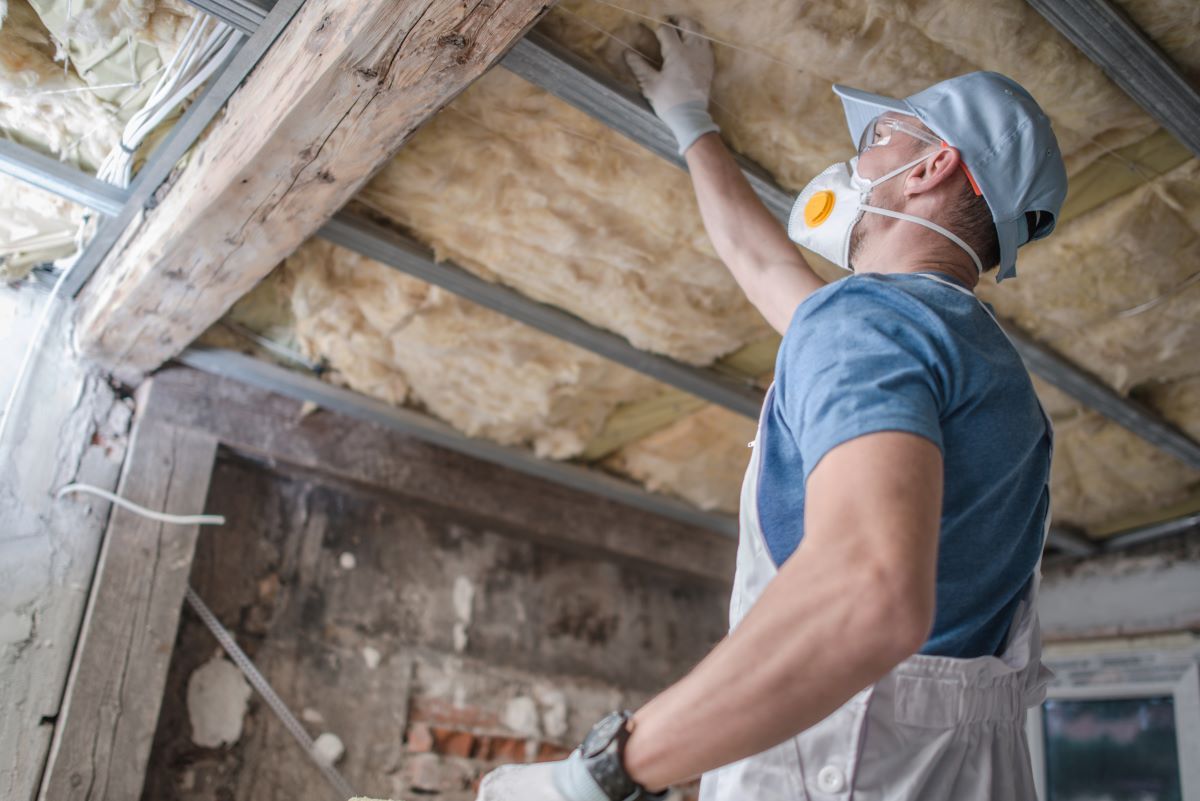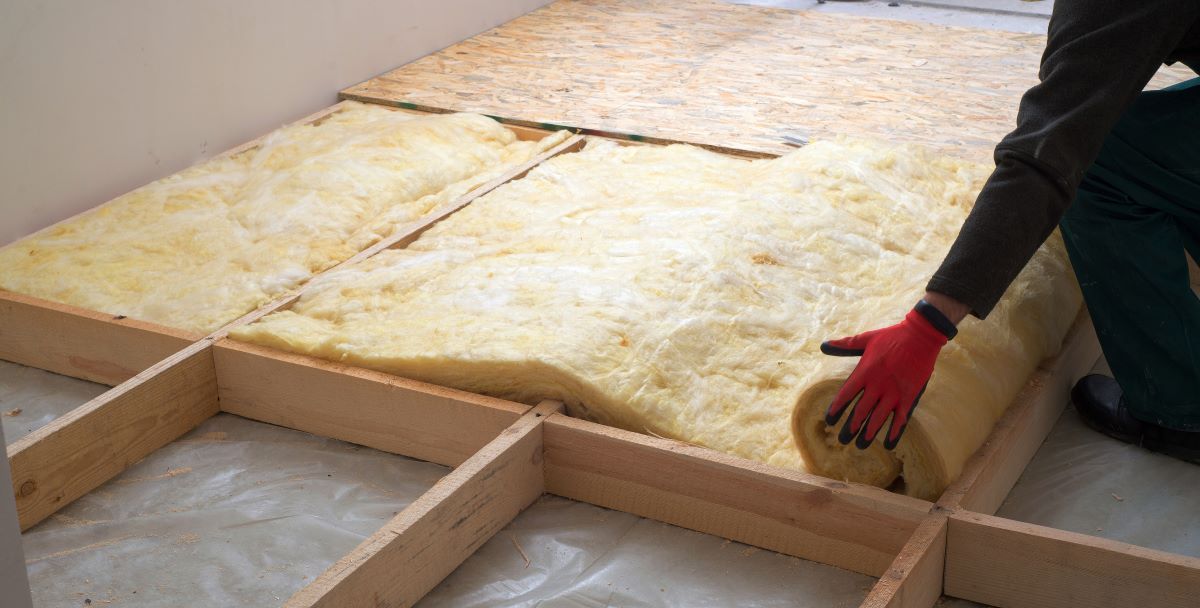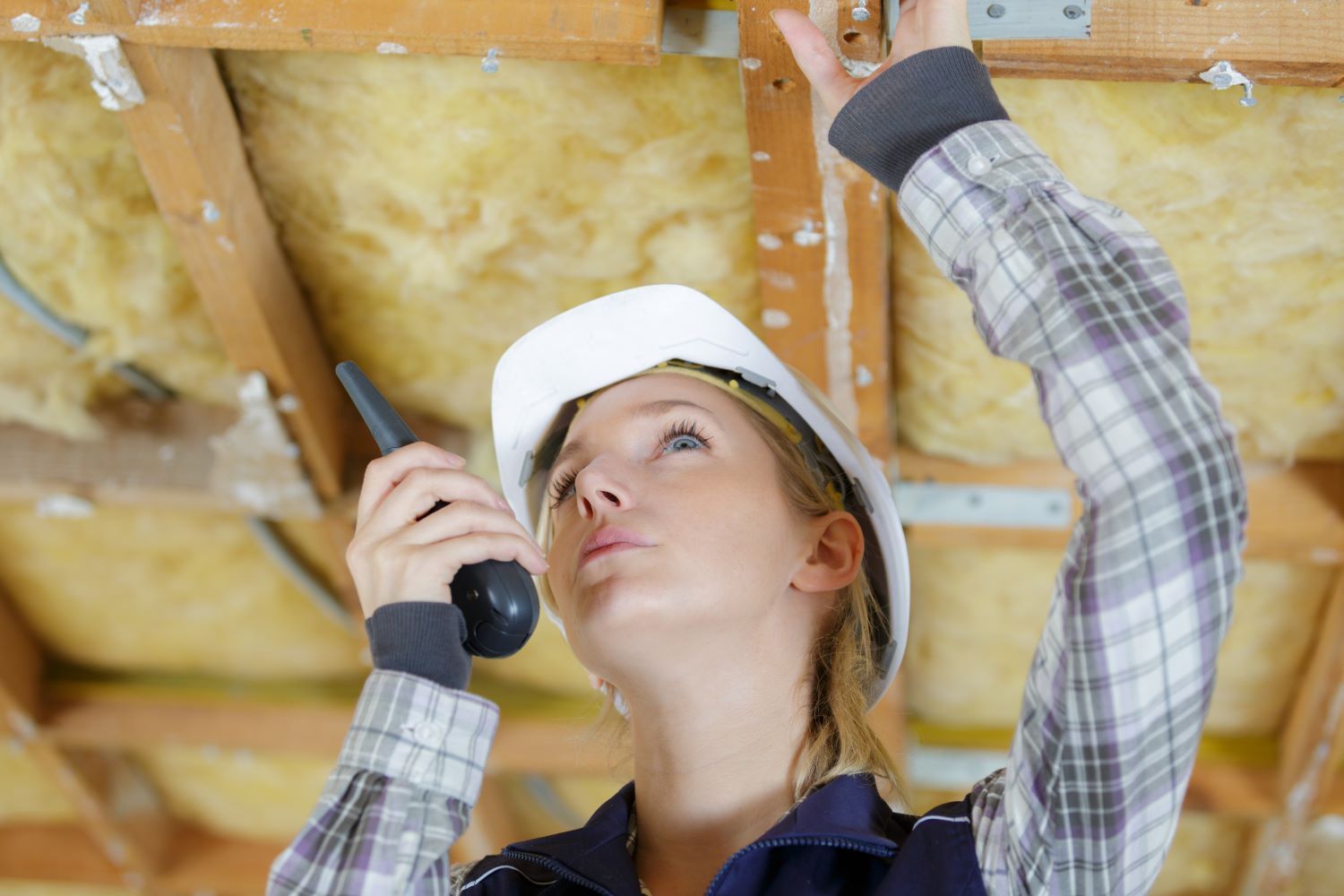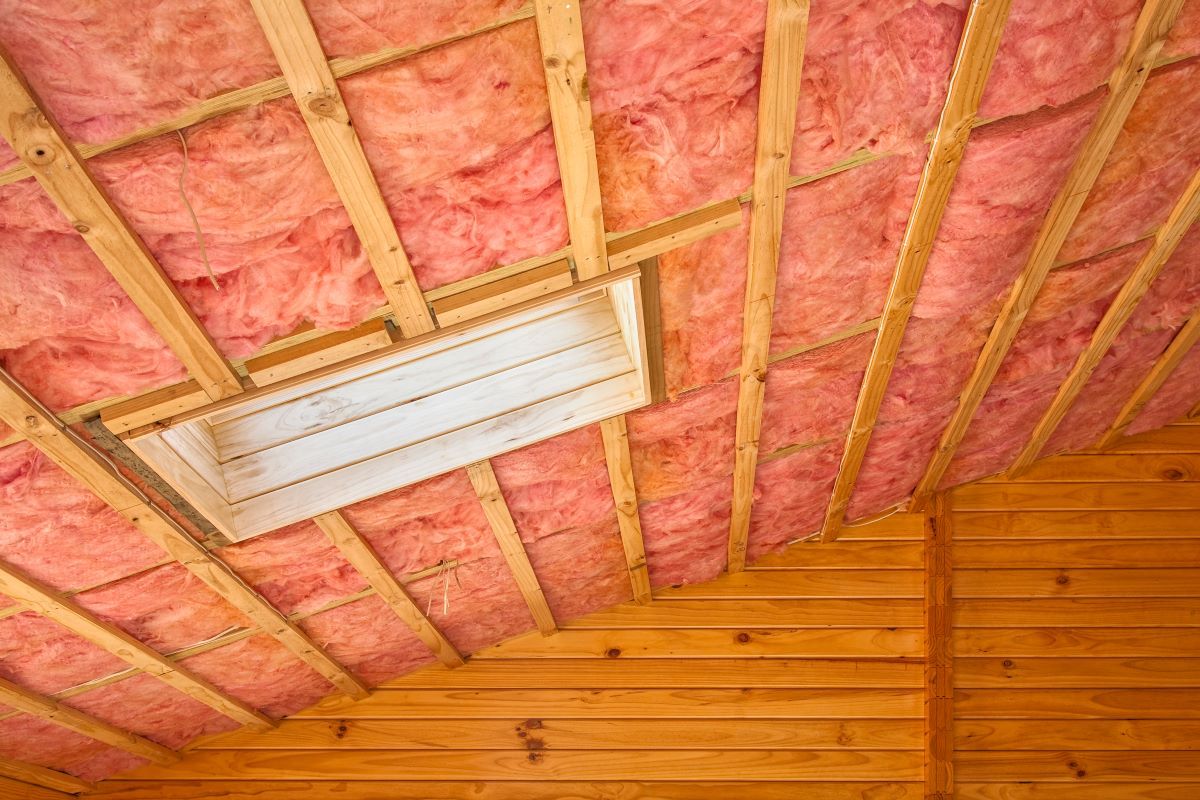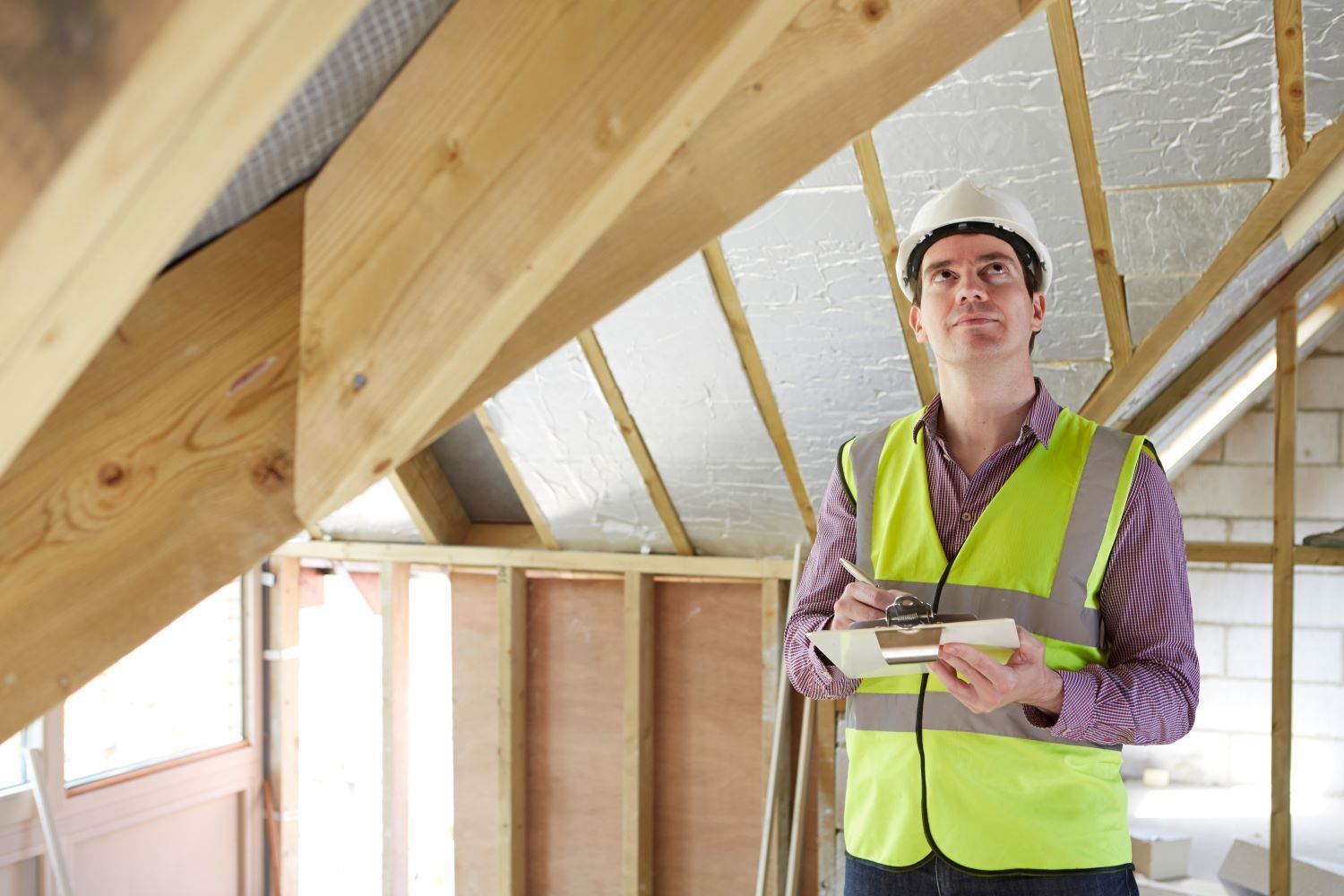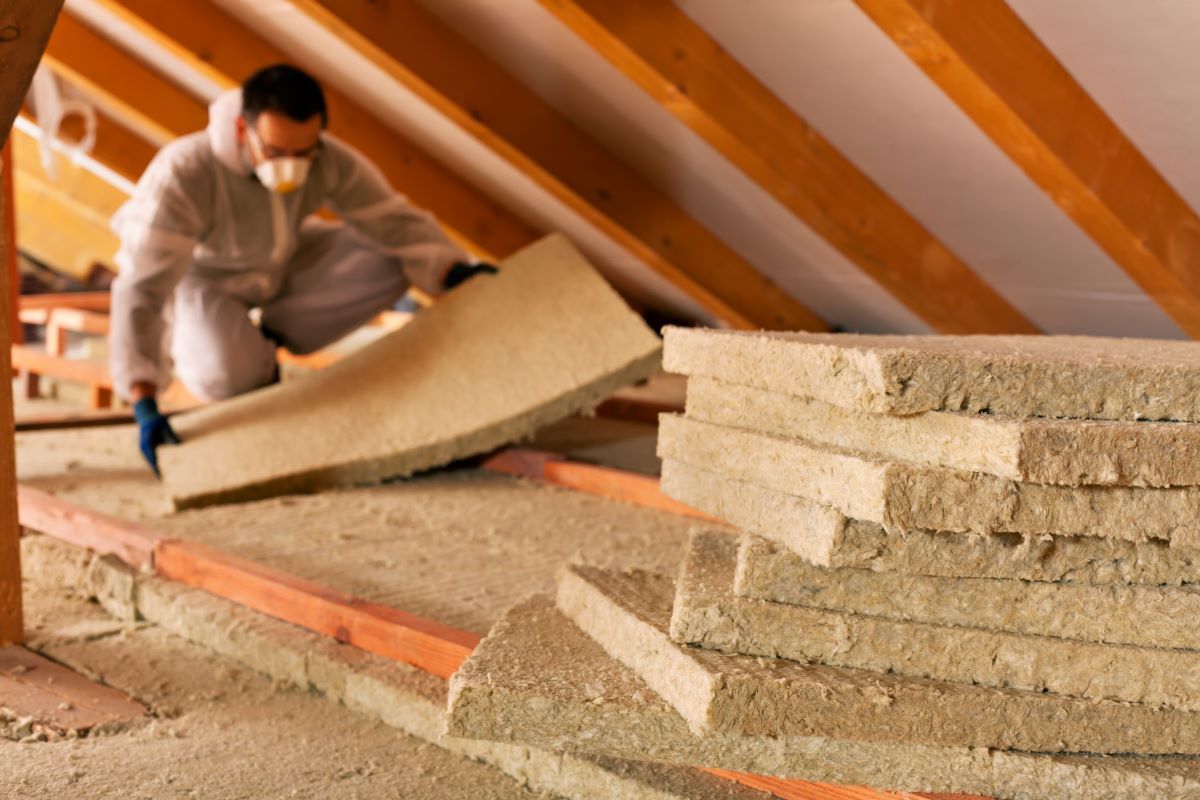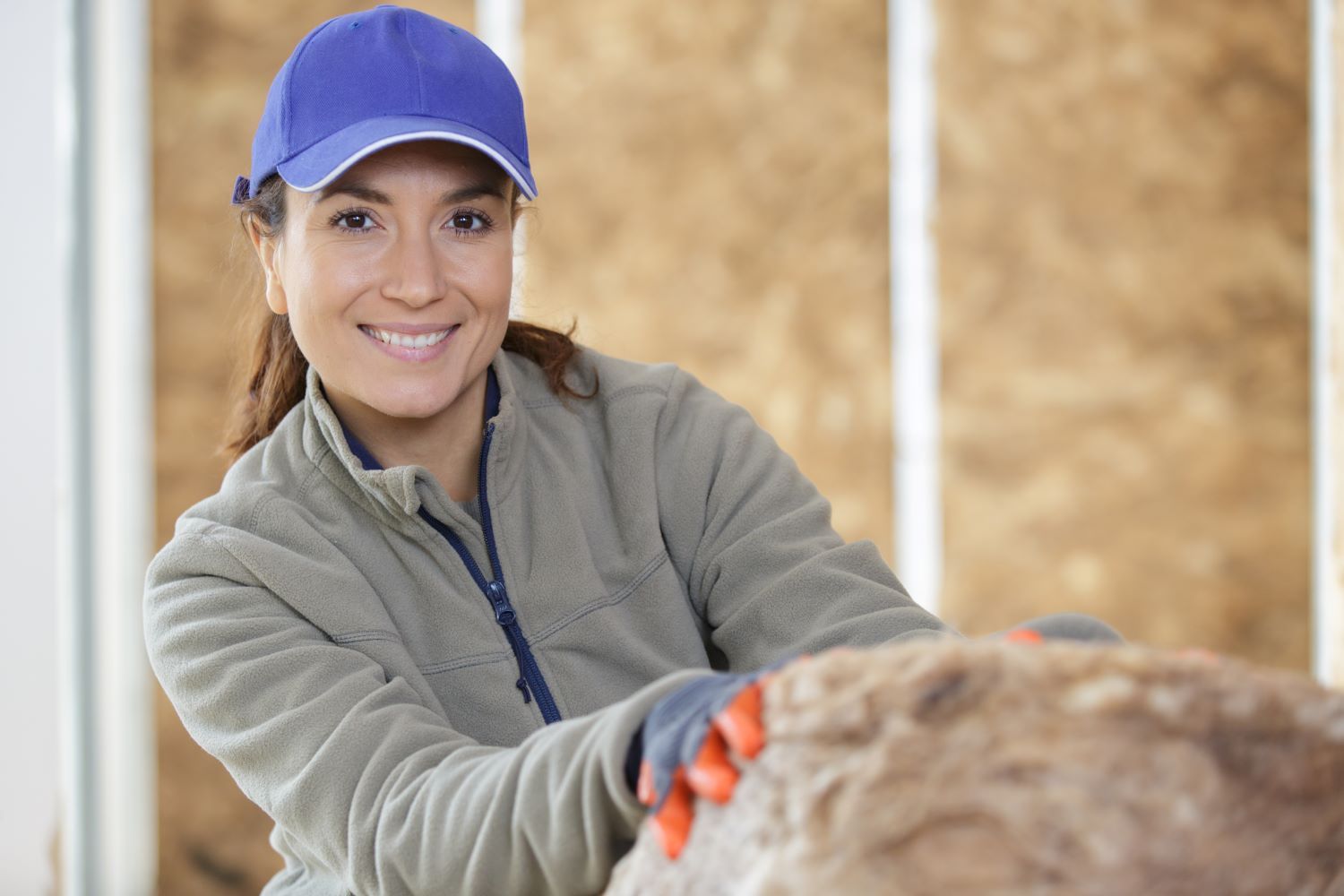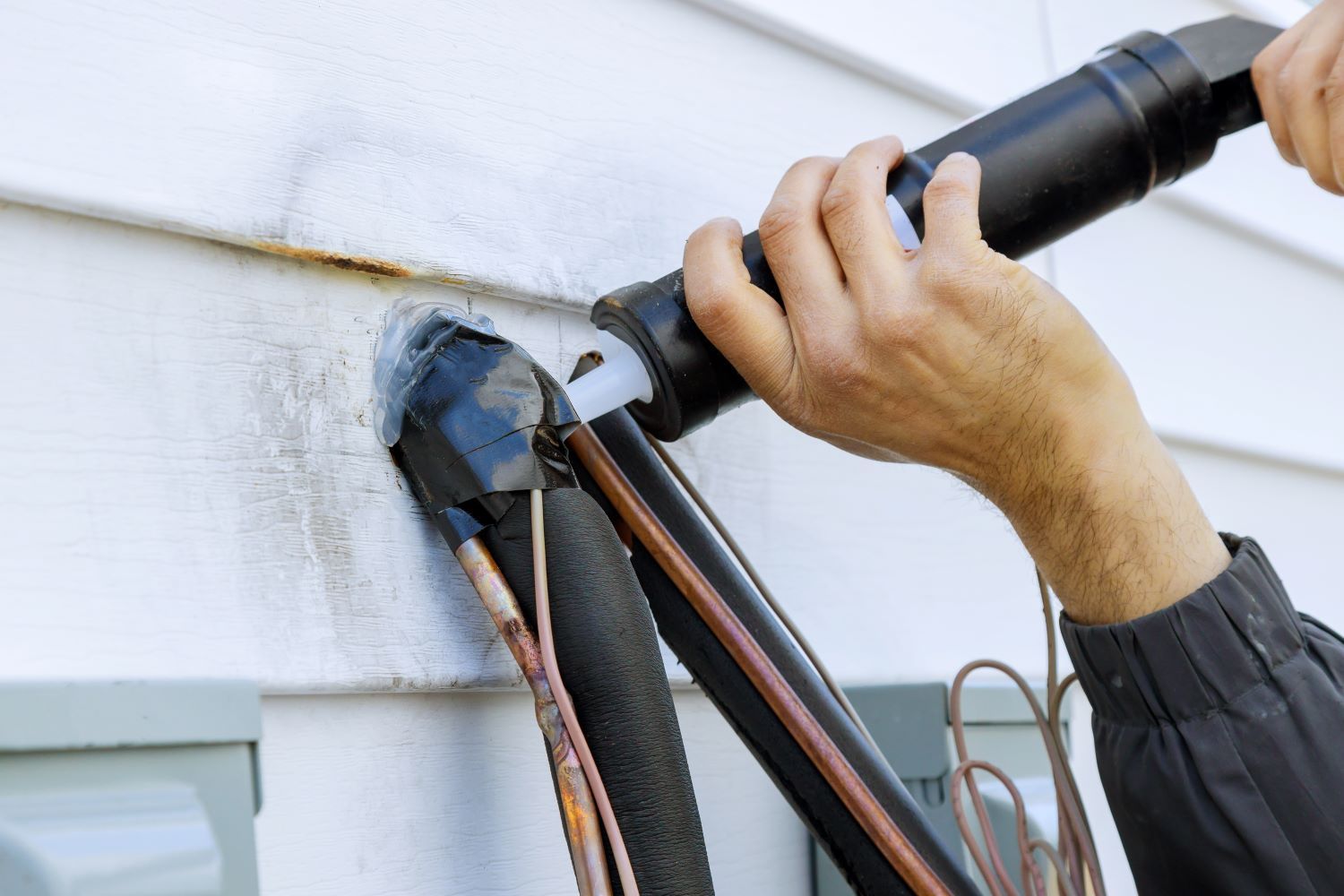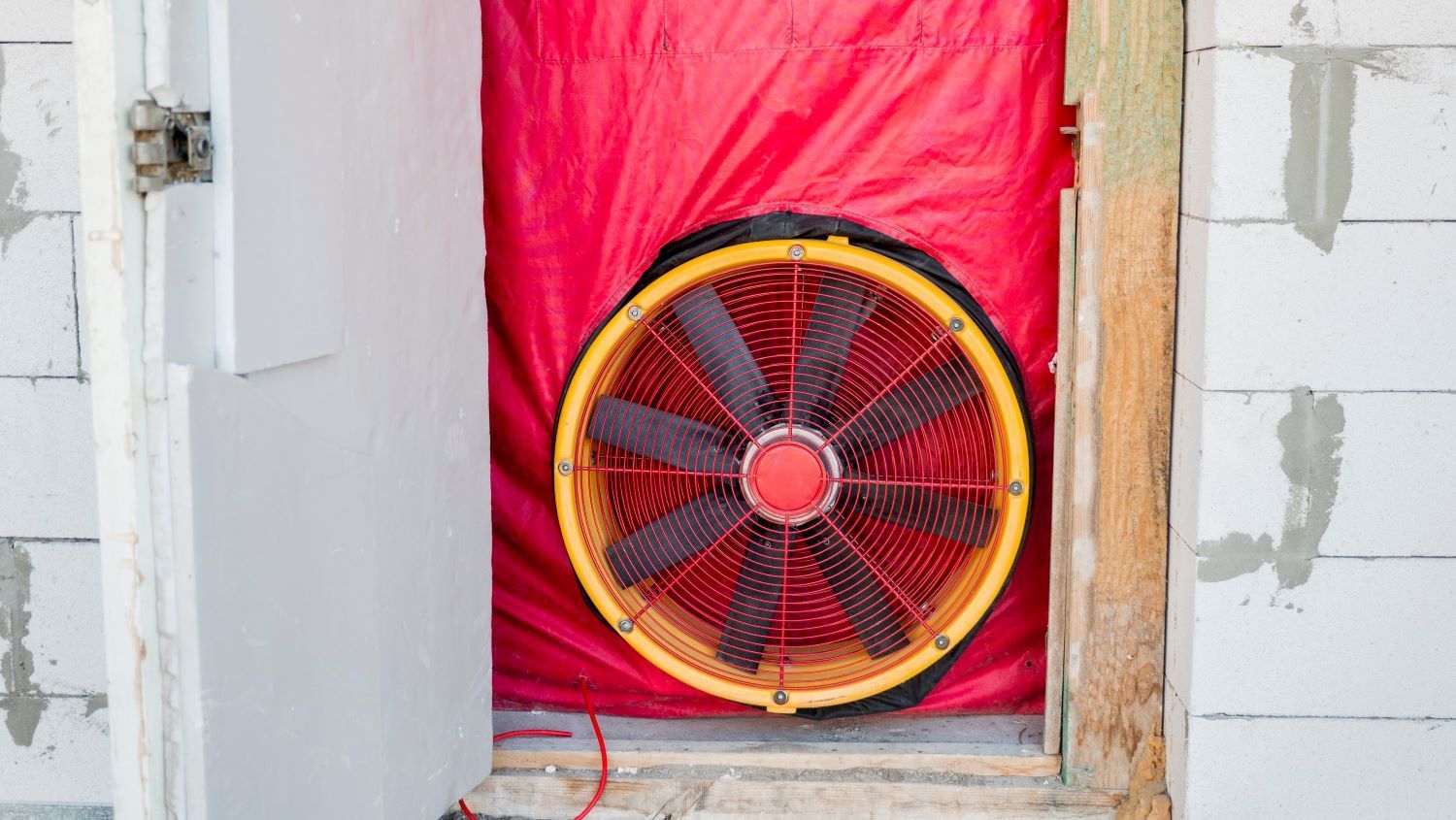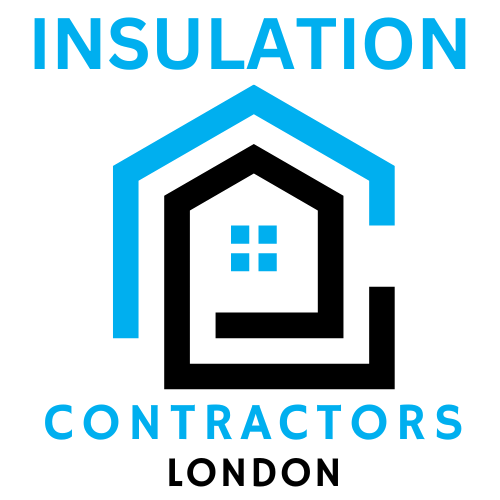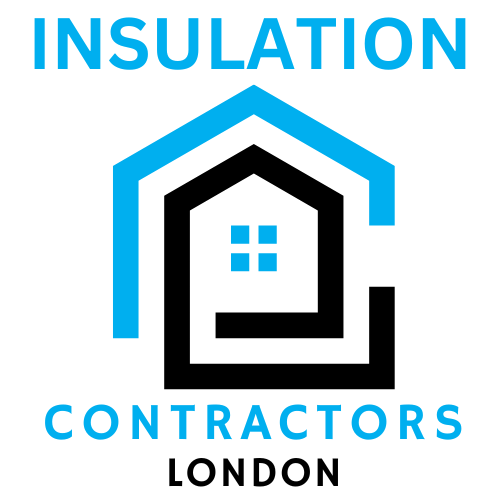How to Check for Poor Insulation in Your Home
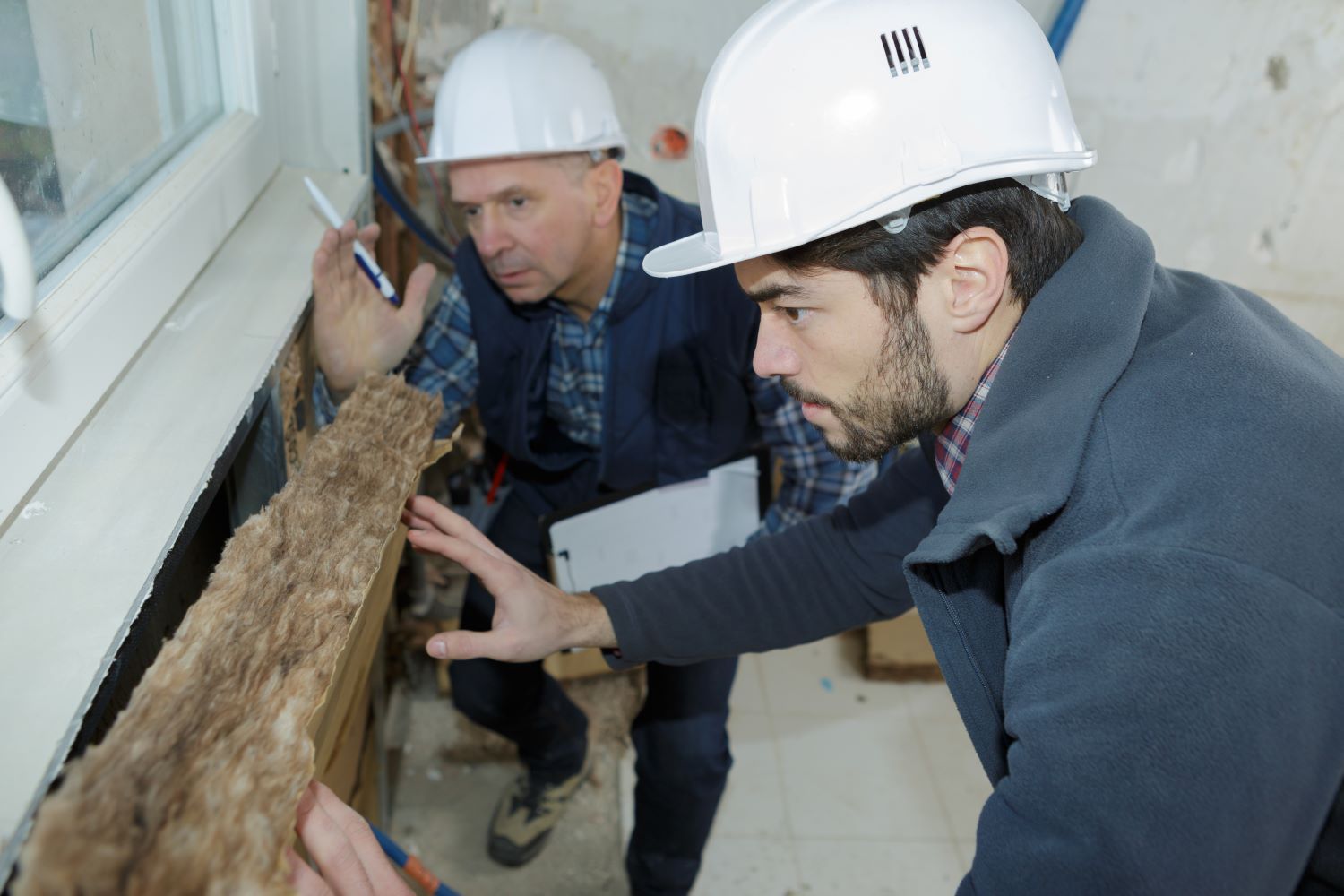
Are you experiencing fluctuating temperatures, high energy bills, or drafty rooms in your home? These could be signs of poor insulation, which not only affects your comfort but also increases your energy costs. In this blog post, we'll discuss how you can check for poor insulation in your home and why it's essential to address these issues promptly.
1. Conduct a Visual Inspection:
Start by visually inspecting the insulation in your attic, walls, and crawl spaces. Look for any signs of damage, such as gaps, tears, or compression. Insulation that appears old, deteriorated, or unevenly distributed may indicate areas of concern.
2. Check for Drafts and Air Leaks:
Walk around your home and feel for drafts near doors, windows, electrical outlets, and other openings. Air leaks can compromise the effectiveness of insulation, allowing warm or cold air to escape and outdoor air to infiltrate your home. Use a lit candle or an incense stick to detect drafts around windows and doors.
3. Measure Indoor Temperature Variations:
Notice significant temperature differences between rooms or floors? This could be a sign of inadequate insulation. Use a thermometer to measure indoor temperatures in different areas of your home. Uneven temperatures may indicate areas where insulation is lacking or compromised.
4. Check Energy Bills:
Keep an eye on your energy bills over time. A sudden increase in heating or cooling costs without a corresponding change in usage patterns could signal poor insulation. Higher energy bills indicate that your heating and cooling systems are working harder to maintain comfortable temperatures due to inadequate insulation.
5. Schedule a Professional Inspection:
When in doubt, it's best to enlist the help of a professional insulation contractor. They have the expertise and tools to conduct a thorough assessment of your home's insulation levels and identify areas that need improvement. A professional inspection can provide valuable insights and recommendations for enhancing your home's energy efficiency and comfort.
Why Address Poor Insulation?
Poor insulation not only compromises your comfort but also leads to several other issues:
- Increased energy bills due to heating and cooling inefficiencies.
- Uneven temperatures and discomfort throughout your home.
- Reduced indoor air quality from air leaks and infiltration.
- Potential moisture problems, including mold and mildew growth.
- Decreased resale value of your home.
By addressing poor insulation, you can improve energy efficiency, enhance comfort, and create a healthier indoor environment for you and your family.
In conclusion, checking for poor insulation in your home is crucial for maintaining energy efficiency, comfort, and indoor air quality. If you suspect that your home may have insulation issues, don't hesitate to contact a professional insulation contractor for a comprehensive assessment and expert recommendations. Investing in proper insulation upgrades can lead to long-term savings and improved quality of life.
